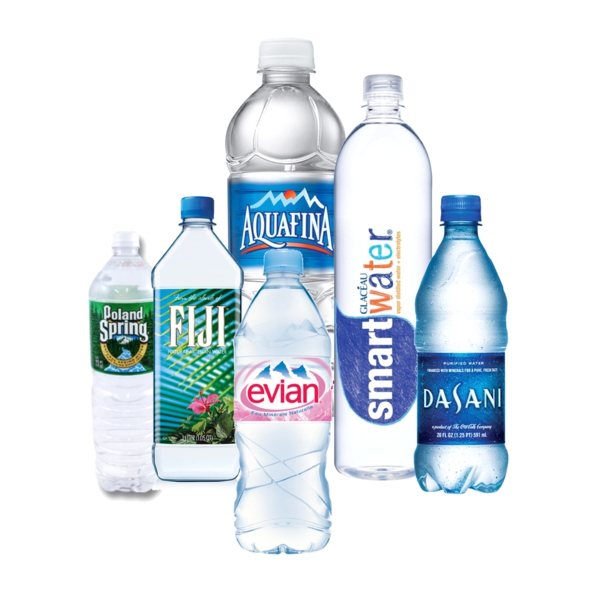Water is crucial. We know it, we’re taught this in school. Then as we grow, we start to become more attuned to marketing messages. Bottled water companies began commoditizing water to make it easier to get water into places where the tap wasn’t present. At some point, the message got a little stickier – the idea that healthier, better tasting water comes from bottles was universally pressed upon us. Is it always true? Not exactly.

The truth is, much of this water isn’t better than tap water (or in some case, investigations have shown that some bottled water is only tap water). Why would a company bother bottling tap water if it wasn’t already healthy?
The biggest complaint people have about tap water is the taste. Tap water tastes different between different regions in the United States. This is typically caused by a higher count of total dissolved solids (or TDS). That might sound scary, but the truth is TDS is anything but harmful. TDS is generally comprised of minerals and other organic particles that have been in water forever. It’s part of what’s gathered as water washed over our land. These are many of the same minerals we take vitamins for every day, right in your water.
In exchange for bottles, which get costly, pollute, and are held accountable for leeching BPA, a lot of companies and homes are switching to filtered tap water. More colleges and municipalities are banning bottled water sales each month. They believe the alternative is a better solution. It’s a growing trend that many people are beginning to get passionate about, with a growing amount of groups making their presence known. Not only are sales of hand-held bottled water in jeopardy, but the growth of bottleless water coolers are also on the rise. It’s estimated that 30% of all the water coolers in the United States are now filtered, bottle-free water coolers (called Point-of-Use, or POU), and growing at a rapid rate. You might have one at your workplace and never even realized what its benefits were.
Filtration adds a security measure to your tap. Reverse osmosis, ultra violet, and other filtration help regulate too much TDS and any bacteria that may have slipped in through your town’s water (unfortunately it happens through old pipes and pollution) while leaving much of the good stuff intact. Would you be OK without filtration if you only drank tap water? Most likely, but if you’re really into taste, your municipal tap water might need a hand. Either option is better than the bottled water alternative.
Kali is a writer passionate about green and water issues. She currently contributes to Quench water coolers, a service that offers business water coolers and writes about water related topics.
Filtered Water’s Advantage Over The Bottle

